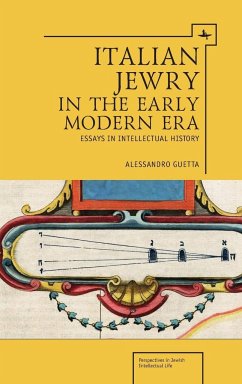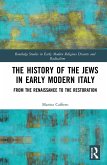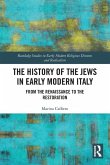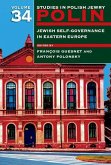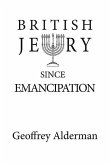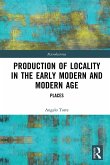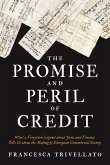Between the years 1550 and 1650, Italy's Jewish intellectuals created a unique and enduring synthesis of the great literary and philosophical heritage of the Andalusian Jews and the Renaissance's renewal of perspective. While remaining faithful to the beliefs, behaviors, and language of their tradition, Italian Jews proved themselves open to a rapidly evolving world of great richness. The crisis of Aristotelianism (which progressively touched upon all fields of knowledge), religious fractures and unrest, the scientific revolution, and the new perception of reality expressed through a transformation of the visual arts: these are some of the changes experienced by Italian Jews which they were affected by in their own particular way. This book explores the complex relations between Jews and the world that surrounded them during a critical period of European civilization. The relations were rich, problematic, and in some cases strained, alternating between opposition and dialogue, osmosis and distinction.
Hinweis: Dieser Artikel kann nur an eine deutsche Lieferadresse ausgeliefert werden.
Hinweis: Dieser Artikel kann nur an eine deutsche Lieferadresse ausgeliefert werden.

